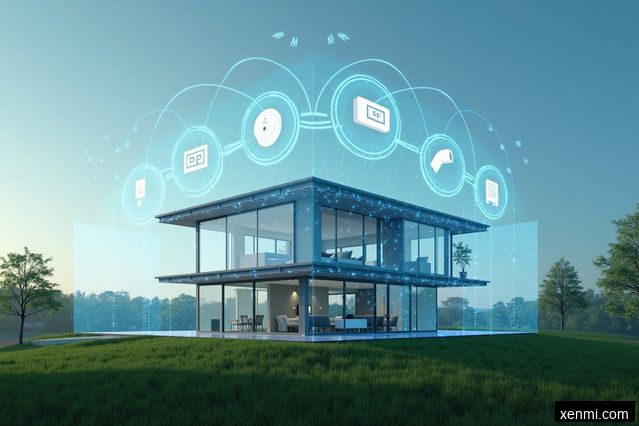The Evolution of Smart Home Technology
Over the past decade, the concept of a "smart home" has evolved from a futuristic fantasy to a tangible reality. The development of the Internet of Things (IoT) has played a pivotal role in this transformation. The IoT refers to the network of physical devices, vehicles, appliances, and other objects embedded with sensors and software that enable them to connect and exchange data.
Enhanced Connectivity
One of the key benefits of IoT in smart homes is enhanced connectivity. With IoT devices, homeowners can control and monitor various aspects of their homes remotely. From adjusting the temperature and lighting to managing security systems and appliances, the possibilities are endless. This increased connectivity not only provides convenience but also improves energy efficiency and home security.
Smart Home Innovations
The rapid advancement of IoT technology has paved the way for numerous smart home innovations. These innovations aim to make our lives more comfortable, efficient, and sustainable.
Voice-Activated Assistants
Voice-activated assistants, such as Amazon Echo and Google Home, have become increasingly popular in smart homes. These devices use natural language processing and artificial intelligence to respond to voice commands. They can perform a wide range of tasks, including playing music, answering questions, and controlling other smart devices in the home.
The Future of IoT and Smart Homes
As technology continues to advance, the future of IoT and smart homes looks promising. Here are some exciting developments to look forward to:
Increased Automation
Automation will play a key role in the future of smart homes. IoT devices will become even smarter, learning from our preferences and habits to automate various tasks. Imagine a home that adjusts the lighting, temperature, and music based on your preferences as soon as you walk through the door.








